Jure Pukl - Doubtless (2018) [CDRip]
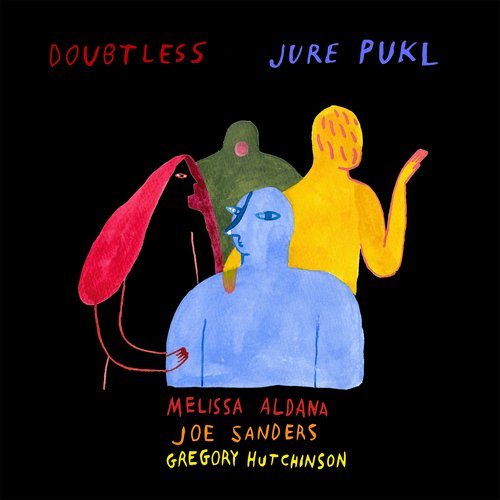
Artist: Jure Pukl
Title: Doubtless
Year Of Release: 2018
Label: Whirlwind Recordings
Genre: Contemporary Jazz, Free Jazz
Quality: FLAC (tracks+.cue, log, Artwork)
Total Time: 43:28
Total Size: 251 MB
WebSite: Album Preview
Tracklist: Title: Doubtless
Year Of Release: 2018
Label: Whirlwind Recordings
Genre: Contemporary Jazz, Free Jazz
Quality: FLAC (tracks+.cue, log, Artwork)
Total Time: 43:28
Total Size: 251 MB
WebSite: Album Preview
01. Doubtless (5:13)
02. Doves (For My Mother) (7:09)
03. Intersong (4:32)
04. Eliote (4:34)
05. Compassion (4:12)
06. Elsewhere (6:45)
07. The Mind and the Soul (4:16)
08. Where Are You Coming From? (2:34)
09. Bad Year - Good Year (4:13)
Melissa Aldana guested on two tracks featured on Jure Pukl's previous album Hybrid (Whirlwind, 2017), so it's no surprise that she's been recruited again for Pukl's follow-up recording. However, taking a slightly different tack, the saxophonist has dispensed with a piano or any chordal instrument for this set. But having two front line tenor saxophones isn't a new thing in modern jazz. For example, Al Cohn and Zoot Sims did this on their 1960 album You 'N' Me (Mercury), albeit with piano accompaniment. Similarly, the chordless configuration was heard around that time with Ornette Coleman's Tomorrow Is The Question (Contemporary, 1959). This line-up presents its own challenges but equally, it offers new opportunities.
The opening title track's bluesy head is enriched by the satisfying tenor counterpoint, but this isn't reflected in the meandering "Doves" which comes with a frenetic surprise ending. Ornette Coleman's "Intersong" employs the horns in alternating harmonic and unison voices. There's much of Coleman's influence here and throughout, together with a touch of Albert Ayler's soulful wailing.
There are other remarkable aspects too, such as the notable melodic bass work of Joe Sanders on "Elioté." The frequently heard unison passages such as on the start of "The Mind And The Soul" work extremely well, adding, in this instance, a plaintive prayer-like quality (think "Lonely Woman" which coincidentally, Pukl covered on Hybrid). On "Bad Year-Good Year" Pukl (presumably) solos first, his tenor having a rawer edge to it than Aldana's. Given the sonic similarity of the two tenorists, an indication as to which saxophonist is heard on which channel or even which solo order would have been useful, but this doesn't detract from the high quality of the music presented here. Despite his obvious allusions to Coleman, Pukl evinces his own voice, his compositions and arrangements proving increasingly irresistible.
The opening title track's bluesy head is enriched by the satisfying tenor counterpoint, but this isn't reflected in the meandering "Doves" which comes with a frenetic surprise ending. Ornette Coleman's "Intersong" employs the horns in alternating harmonic and unison voices. There's much of Coleman's influence here and throughout, together with a touch of Albert Ayler's soulful wailing.
There are other remarkable aspects too, such as the notable melodic bass work of Joe Sanders on "Elioté." The frequently heard unison passages such as on the start of "The Mind And The Soul" work extremely well, adding, in this instance, a plaintive prayer-like quality (think "Lonely Woman" which coincidentally, Pukl covered on Hybrid). On "Bad Year-Good Year" Pukl (presumably) solos first, his tenor having a rawer edge to it than Aldana's. Given the sonic similarity of the two tenorists, an indication as to which saxophonist is heard on which channel or even which solo order would have been useful, but this doesn't detract from the high quality of the music presented here. Despite his obvious allusions to Coleman, Pukl evinces his own voice, his compositions and arrangements proving increasingly irresistible.

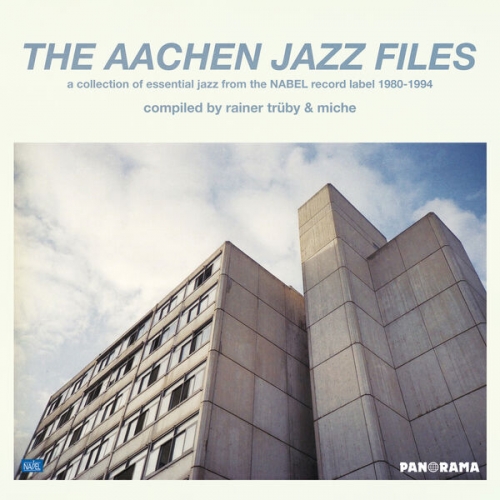
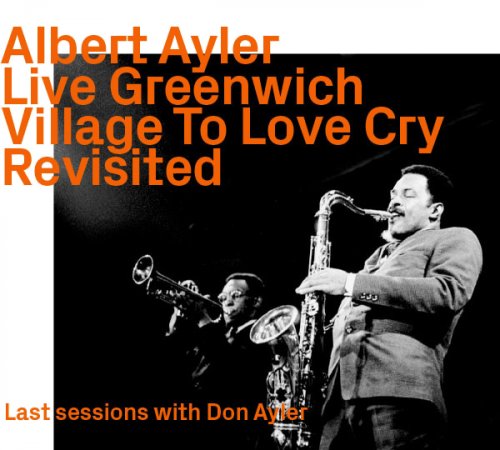
![Marius Neset - Time to Live (2026) [Hi-Res] Marius Neset - Time to Live (2026) [Hi-Res]](https://www.dibpic.com/uploads/posts/2026-02/1771945711_folder.jpg)
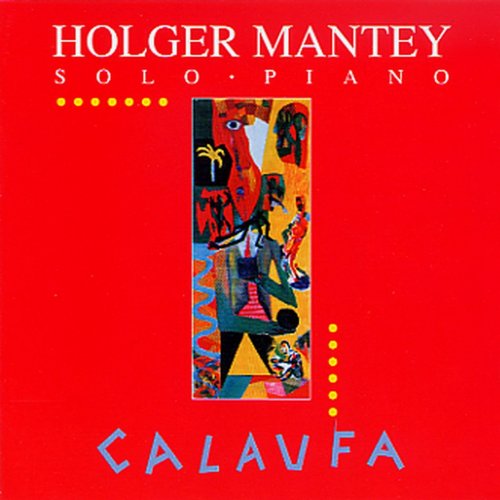
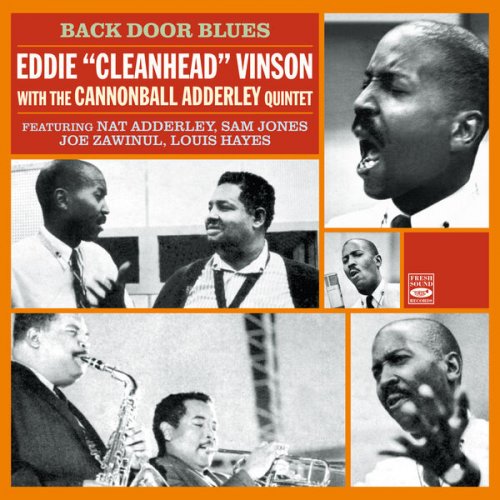
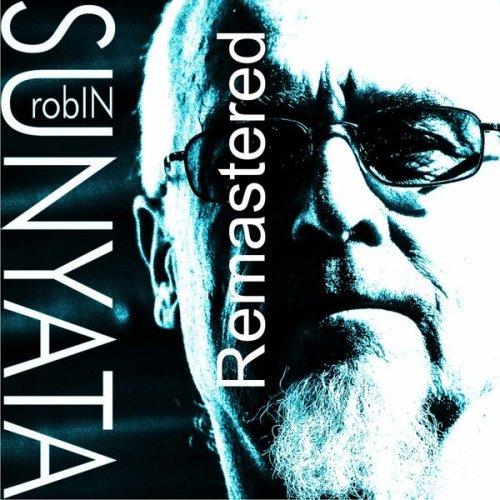
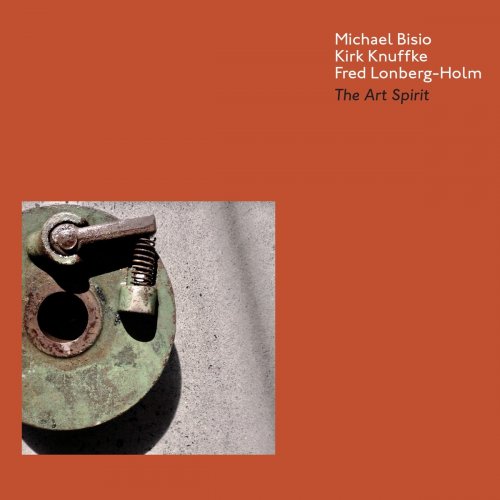
![VA - 20 Years Into An Infinite Musical Journey (2025) [SACD] VA - 20 Years Into An Infinite Musical Journey (2025) [SACD]](https://www.dibpic.com/uploads/posts/2026-02/1771834929_ff.jpg)